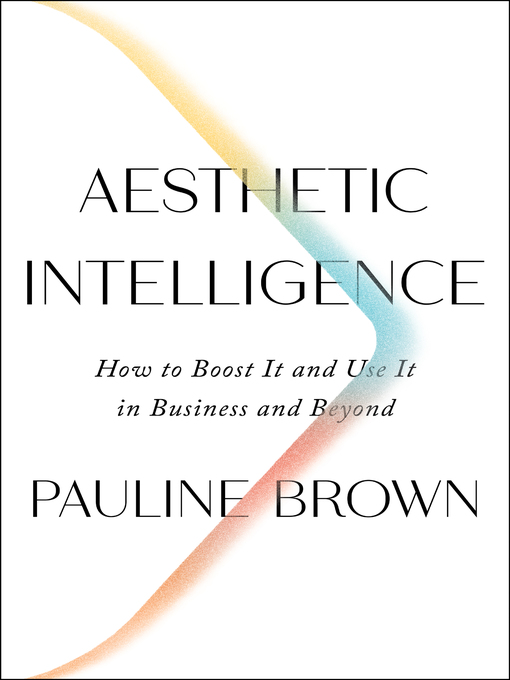Longtime leader in the luxury goods sector and former Chairman of LVMH Moët Hennessy Louis Vuitton North America reinvents the art and science of brand-building under the rubric of Aesthetic Intelligence.
In a world in which people have cheap and easy access to most goods and services, yet crave richer and more meaningful experiences, aesthetics has become a key differentiator for most companies and a critical factor of their success and even their survival. In this groundbreaking book, Pauline Brown, a former leader of the world's top luxury goods company and a pioneer in identifying the role of aesthetics in business, shows executives, entrepreneurs, and other professionals how to harness the power of the senses to create products, services, and experiences that stand out, resonate with their customers, and create long-term value for their businesses. The power is rooted in Aesthetic Intelligence—or "the other AI," as Brown refers to it.
Aesthetic Intelligence can be learned. Indeed, people are born with far more capacity than they use, but even those that are naturally gifted must continue to refine their skills, lest their aesthetic advantage atrophy. Through a combination of storytelling and practical advice, the author shows how aesthetic intelligence creates business value and how executives, entrepreneurs and others can boost their own AI and successfully apply it to business. Brown offers research, strategies and practical exercises focused on four essential AI skills.
Aesthetic Intelligence provides a crucial roadmap to help business leaders build their businesses in their own authentic and distinctive way. Aesthetic Intelligence is about creating delight, lifting the human spirit, and rousing the imagination through sensorial experiences.


